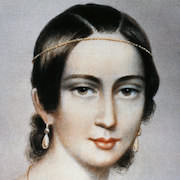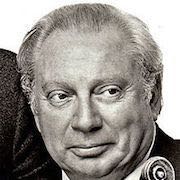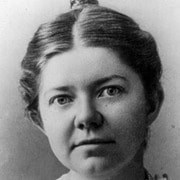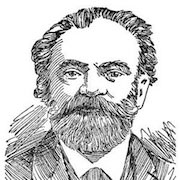Johannes Brahms (German: [joˈhanəs ˈbʁaːms]; 7 May 1833 – 3 April 1897) was a German composer, pianist, and conductor of the Romantic period. Born in Hamburg into a Lutheran family, he spent much of his professional life in Vienna. He is sometimes grouped with Johann Sebastian Bach and Ludwig van Beethoven as one of the "Three Bs" of music, a comment originally made by the nineteenth-century conductor Hans von Bülow.
Brahms composed for symphony orchestra, chamber ensembles, piano, organ, voice, and chorus. A virtuoso pianist, he premiered many of his own works. He worked with leading performers of his time, including the pianist Clara Schumann and the violinist Joseph Joachim (the three were close friends). Many of his works have become staples of the modern concert repertoire.
Brahms has been considered both a traditionalist and an innovator, by his contemporaries and by later writers. His music is rooted in the structures and compositional techniques of the Classical masters. While some contemporaries found his music to be overly academic, his contribution and craftsmanship were admired by subsequent figures as diverse as Arnold Schoenberg and Edward Elgar. The diligent, highly constructed nature of Brahms's works was a starting point and an inspiration for a generation of composers. Embedded within those structures are deeply romantic motifs.































